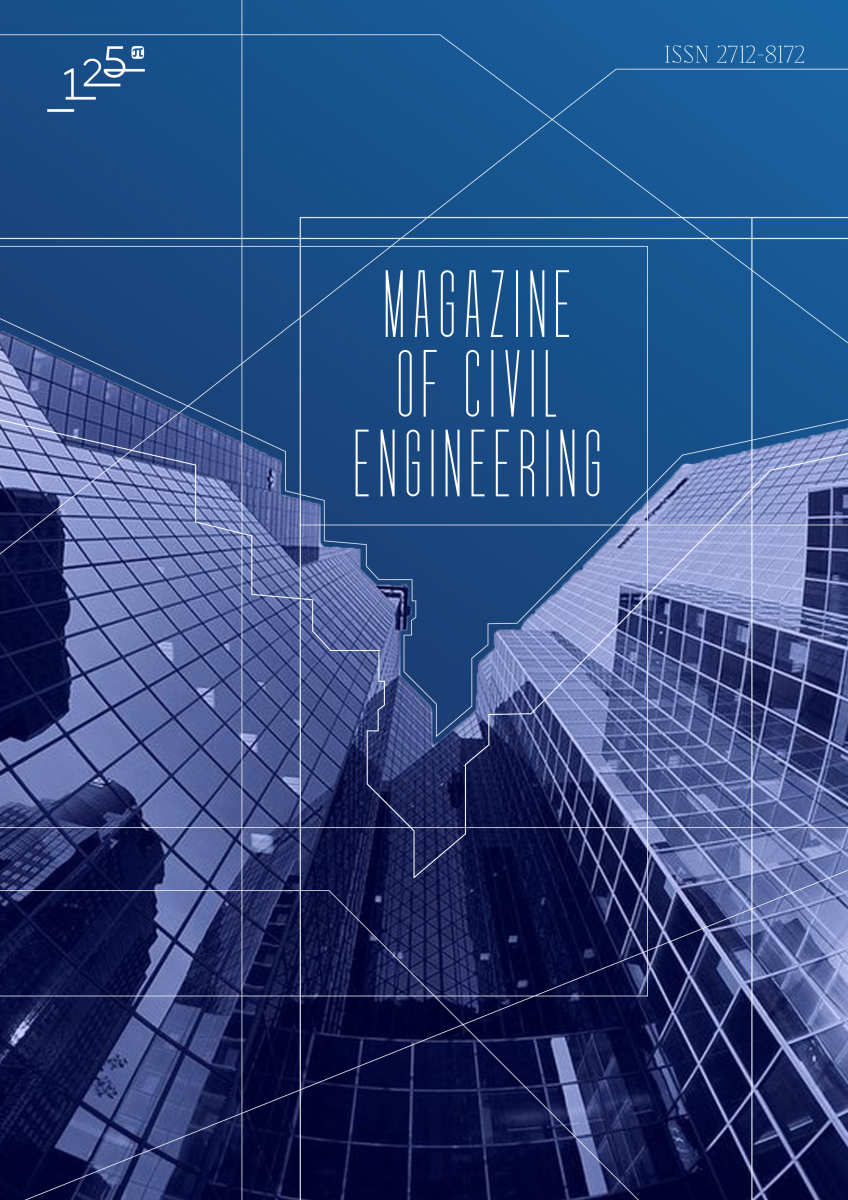Stabilization of kaolinitic soil using crushed tile column
Kaolinitic soil is a problematic soil that causes poor carrying capacity and excessive settlement, resulting in significant damage to buildings and foundations. Therefore, soil enhancements were introduced to improve the engineering characteristics of the soil. Crushed tiles were taken from the construction area to substitute aggregate or natural sand. Hence, the purpose of the study is to investigate the lateral load capacity of the crushed tile column on the kaolin clay at various column dimensions. Reinforced kaolin clay samples were tested via several laboratory tests, including Particle Size Distribution, Atterberg limits test, Relative Density, Compaction test, Permeability test, Unconfined Compression Test, and Unconsolidated Undrained Triaxial Test with encapsulated crushed tile with geotextile encasement. The authors investigated the effects of column diameter, height, area replacement ratio, height penetration ratio, height to column diameter ratio, volume replacement ratio, and confining pressures on the shear strength of the encapsulated crushed tile columns at a diameter of 6 mm and 8 mm and at a height of 25.33 mm, 38 mm, and 76 mm. The findings showed that using crushed tile columns at various above listed parameters can enhance the soil's shear strength up to 52.00 % at the optimal utilization of a single enveloped crushed tile column with a diameter of 6 mm and height of 76 mm. The crushed tile granular column is practical to be implemented to enhance the strength of the problematic soil. However, the limitation of utilizing this approach is that the crushed tile granular column may not be suitable for deeper soil layers. Hence, the study demonstrated the significant enhancement of the lateral load capacity of soft kaolin clay soil by utilizing crushed tile waste as a granular column.


